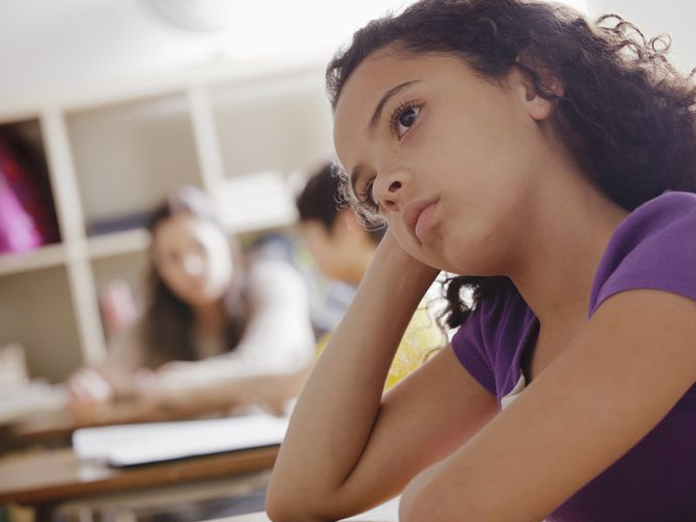Live
- BJP MP Arvind, MLA Sanjay Kumar meet CM Revanth
- Rapido partners with L&TMRHL to provide discounted rates
- Kisan Diwas 2024: A Day Dedicated to honor our Farmers.
- Axed ACP takes the wind out of Pushpa hero’s sails
- Tender apology to CM, mantri tells Allu Arjun
- CM condemns attack on Allu Arjun’s house
- Allu Arjun’s house attacked, police arrest 6 persons in city
- APSRTC to replace diesel buses with electric buses
- Komatireddy brothers should get Oscar for lying: BRS
- KTR asks farmers to up the ante against TG govt
Just In

Parents who home school their children may think that admitting them to organised sports and physical activities may keep them fit, however, a new study by Rice University researchers say that the need of youngsters are far greater
Washington D.C: Parents who home school their children may think that admitting them to organised sports and physical activities may keep them fit, however, a new study by Rice University researchers say that the need of youngsters are far greater.
According to faculty at the Rice Department of Kinesiology, while they gathered data from the homes of 100 home-schooled children to back the assumption, they were proved wrong. The results of the research are available in an open-access paper in the Journal of Functional Morphology and Kinesiology.
Laura Kabiri, a sports medicine lecturer at Rice, said the problem lies in how much activity is part of organised regimens.
According to the World Health Organization, children should get about an hour of primarily aerobic activity a day, but other studies have noted children involved in non-elite sports actually get only 20 to 30 minutes of moderate to vigorous exercise they require during practice.
The Rice researchers decided to quantify it through statistics Kabiri gathered about home-schooled children and adolescents as a graduate student and postdoctoral researcher at Texas Woman's University.
Speaking about it, Kabiri said, ""We assumed - and I think parents largely do as well - that children enrolled in an organized sport or physical activity are getting the activity they need to maintain good body composition, cardiorespiratory fitness and muscular development," adding, ""We found that is not the case.
Just checking the box and enrolling them in an activity doesn't necessarily mean they're meeting the requirements they need to stay healthy."
According to Kabiri, researchers suspect the same is true for public school students in general physical education classes, where much of the time is spent getting the class organized.
"When you only have 50 minutes, it's very easy for half that time or more to go to getting them in, out and on-task," she said.
While public school data would be easier to gather, home schooling presents a different problem for researchers. "There's a lot that's not known about this population, and the population is expanding," Kabiri said.
"Home school is becoming very popular in the United States. It's grown steadily.

© 2024 Hyderabad Media House Limited/The Hans India. All rights reserved. Powered by hocalwire.com







